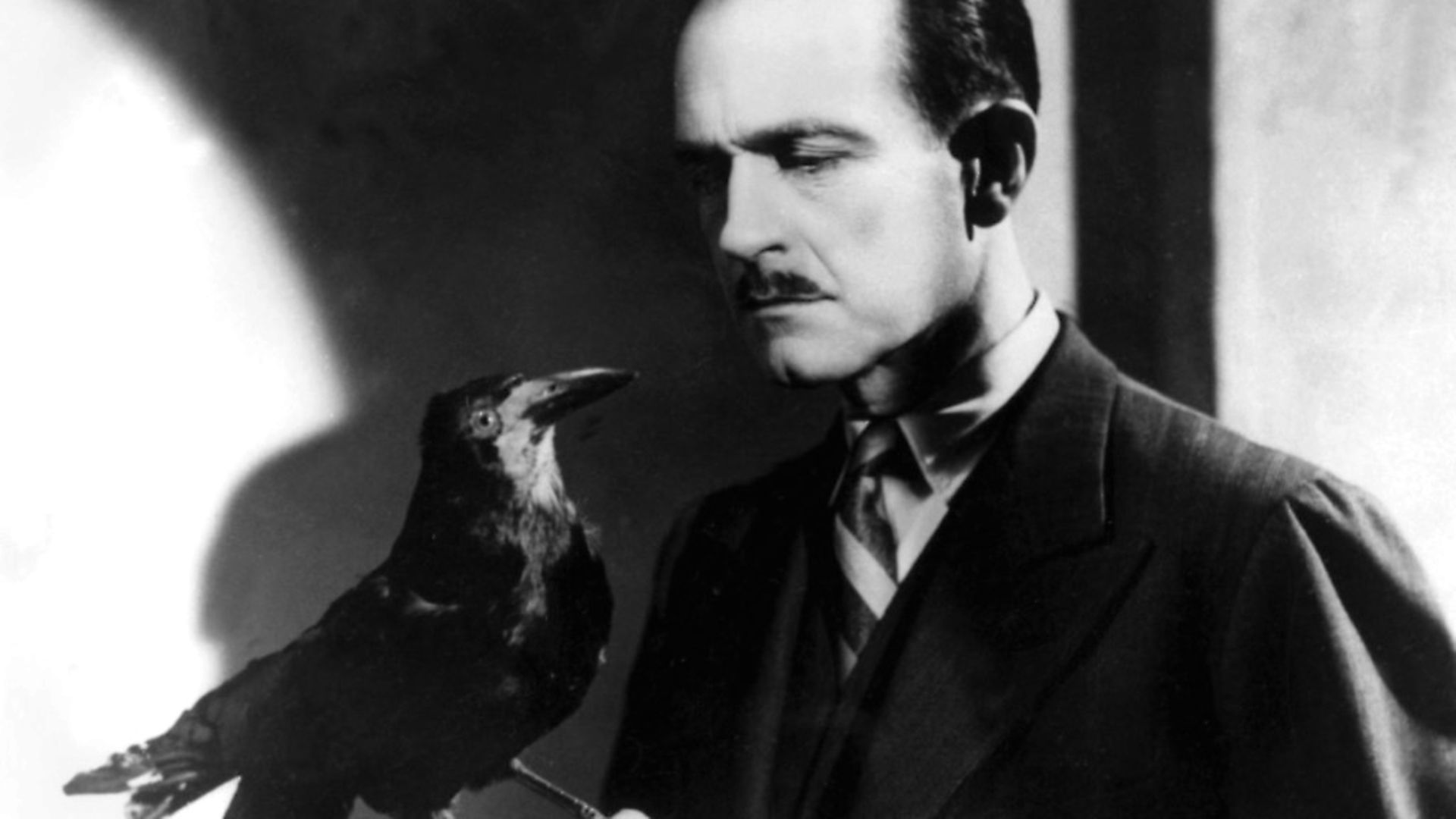
Seventy-five years after it was made (and 74 years after it was banned) one of cinema’s most controversial films has been re-released. JAMES OLIVER explains what all the fuss is about
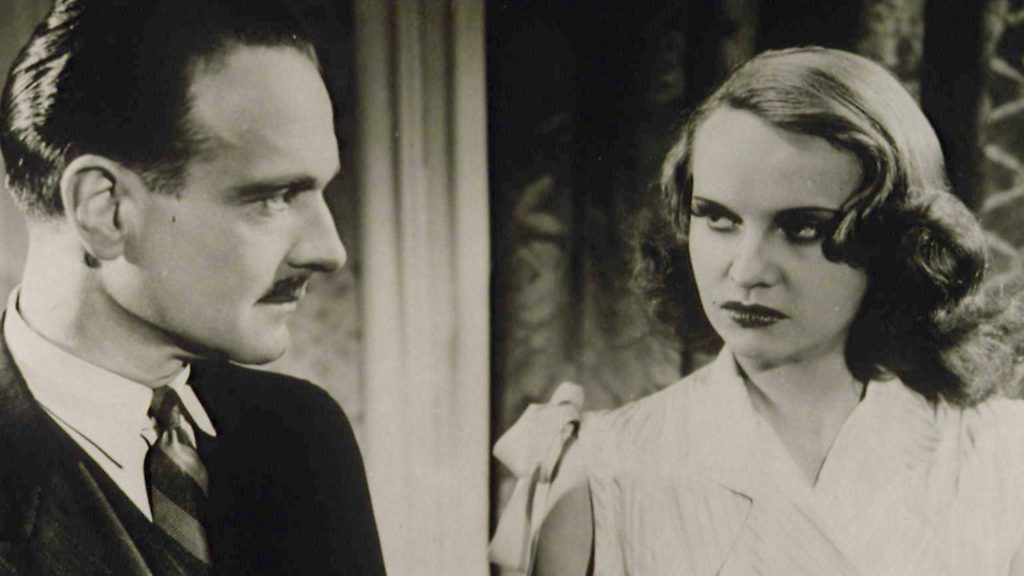
Adverse criticism is always painful but it might come as some comfort to sensitive artists to learn there are worse things than bad reviews. In 1943, French director Henri-Georges Clouzot made a film called Le Corbeau (The Raven). A year later he was banned from making further films for an entire decade: some people really didn’t like Le Corbeau.
Even though this somewhat harsh verdict was later overturned, Le Corbeau remained (and still remains) notorious in France. You might guess from the dates that it has a troublesome association with the German occupation, and so it does. But the controversies around the film go deeper. They’ve certainly outlasted the war and its aftermath: it remains contentious even now, some 75 years after it was first unleashed.
Le Corbeau was Clouzot’s second film as director. He’d begun his career in Germany, working on French-language versions of German productions in the early 1930s; quite apart from the influence this had him on a filmmaker – his films are steeped in the traditions of German cinema rather than the more poetic French styles, Le Corbeau most of all – it also served him in good stead after the Nazi invasion.
Goebbels had installed a producer called Alfred Greven as commandant of the French film industry; Clouzot had known him in Germany, was duly hired and, soon enough, installed in the director’s chair.
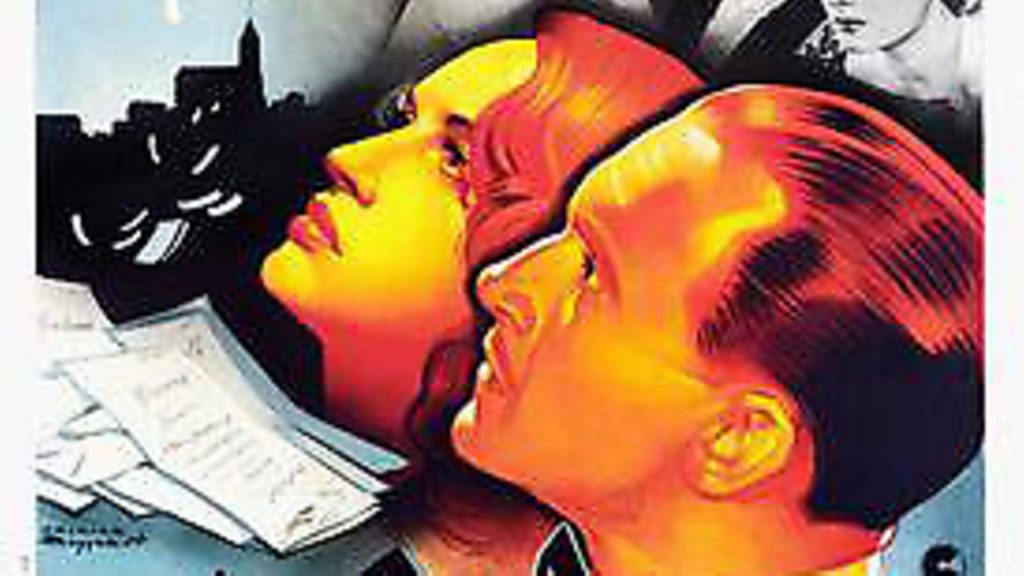
As with most films of the occupation years, Clouzot’s first film was a confection, a murder-mystery called L’Assassin habite au 21, with that great actor Pierre Fresnay as a charming detective. It was a hit and Greven – always keen to flatter the talent – asked Clouzot if he knew what he wanted to do next. As it happened, he did…
In 1917, residents of a small French town called Tulle began to receive vicious anonymous letters, later found to be the work of a young woman, aided and abetted by her mother and aunt.
Clouzot intended to make a fictionalised version of this case, about a malicious letter writer who signed him-or-herself ‘Le Corbeau’; the first target is a local doctor, Remy Germain (Fresnay again) but soon enough, the poison spreads, fomenting paranoia and resentment. And so the hunt for the culprit becomes ever more fraught.
This was, for the time, an incendiary topic. Since the invasion, anonymous letters were often used to denounce enemies of the state or, more frequently, to settle scores (a short note to the Gestapo claiming so-and-so was in the Resistance or harbouring Jews was an effective way of dealing with troublesome neighbours). Greven, though, doesn’t seem to have realised that Clouzot’s script (co-written with Louis Chavance) had a political dimension and so gave the go ahead, albeit reluctantly, for the screenplay was too dark for his tastes.
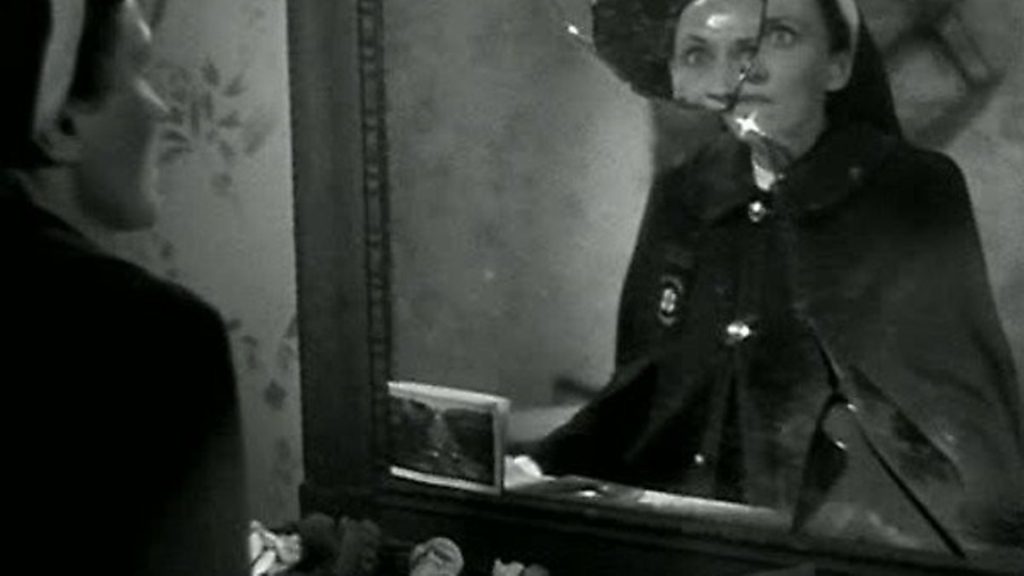
He was not much more keen on the finished product either, bemoaning the ‘squalor’ of the film. Others shared his disgust. With its mentions of abortion and suicide, it is hardly surprising that it put the wind up the Catholic Church, who duly inveighed against it. Conservative commentators shook their fists at it too, outraged that Clouzot’s characters suffered drug addiction and indulged in casual sex, behaviours rarely found on screen in 1943.
Nor was it just the guardians of public morality that took against Le Corbeau. The first rumblings came in Les Lettres Françaises, a journal affiliated with the Resistance. Writers Georges Adam and Pierre Blanchard were profoundly affronted by the film, most especially by the vision it presented of the country they were fighting for. Clouzot had, they said, shown the French people as ‘nothing more than degenerates, ripe for slavery’.
This, they argued, was the Nazi idea of France. After all, hadn’t Hitler himself described the French as ‘degenerate’ in Mein Kampf? Soon enough, it was even claimed that the Nazis were using Le Corbeau to illustrate exactly that; the samizdat press told readers that it was being shipped around the Reich under the title A Small French Town and exhibited as the true face of France. (Interestingly, the film forged a moment of rare political unity: the film’s most vociferous opponents were Communists, placing them – briefly – on the same side as the right-wing reactionaries.)
Clouzot himself was oblivious to this; after a stand-up row with Greven two days before Le Corbeau was released, he had stormed out to go independent and was working on his next script with Jean-Paul Sartre when the liberation came.
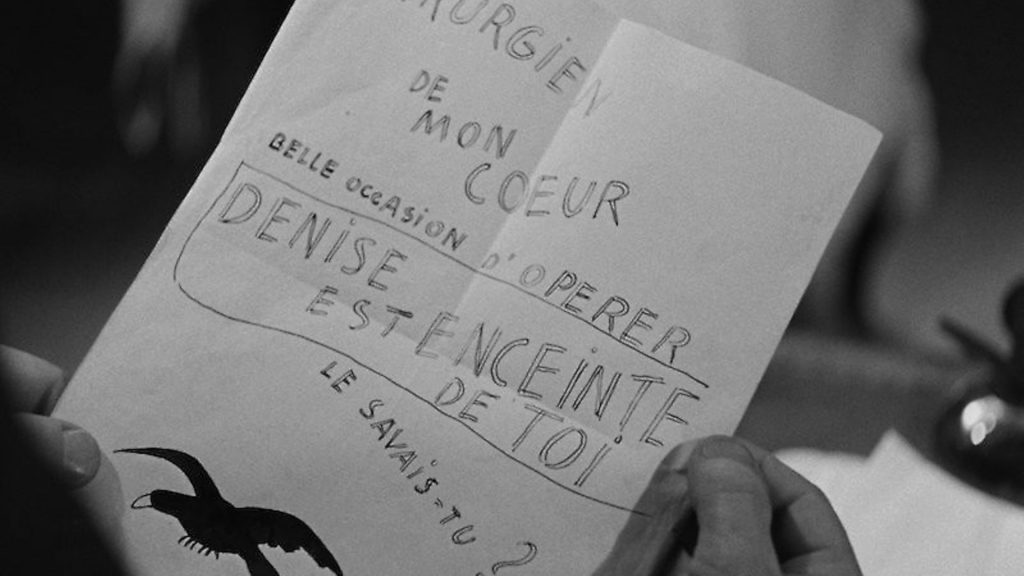
That brought fresh trouble; Clouzot was amongst the first to be hauled before the Comité de liberation du cinema francais, whacked with the aforementioned 10-year ban and told in no uncertain terms that it was because of Le Corbeau (which received a ban of its own). Not everyone on the Comité had seen the film but, they retorted, they didn’t have to: the stench that surrounded it was enough.
Unlike others who ended up on the post-war blacklist of supposed collaborators, Clouzot was lucky. Sartre and other intellectuals rallied to his side to defend the film. Once it was established that the most egregious rumours were false – Le Corbeau had never been released outside France (Greven’s paymasters considered it too shocking for the delicate German public) – the ban was rescinded. Aware of the irony that the supposedly democratic French state was suppressing something that had been permitted by the dictatorship, the authorities even sanctioned a re-release in 1947; the same year Clouzot won top prize at the Venice film festival for his comeback movie Quai des Orfèvres.
He would, though, be tainted by accusations of collaboration (or even Nazi sympathies) for the rest of his life. Even now, the whiff of sulphur still clings to Le Corbeau. True, it is most usually taken as a disguised portrait of life under German occupation, not for just the anonymous letters but for its ineffectual ruling class who capitulate at the first sign of trouble (the local politician’s proposed solution to the letters? Run Dr. Germain out of town, as ‘Le Corbeau’ wants). And, with wonderful irony, Clouzot got the Nazis to fund this.
Against that is a darker critique, which goes beyond the political situation to highlight the misanthropy of the film; no one is innocent here – people are base and corrupt, their worst instincts rise too easily to the surface. Perhaps most shocking, Clouzot doesn’t even keep the children safe: they are shown discovering and reading letters, presumably to be corrupted by them.
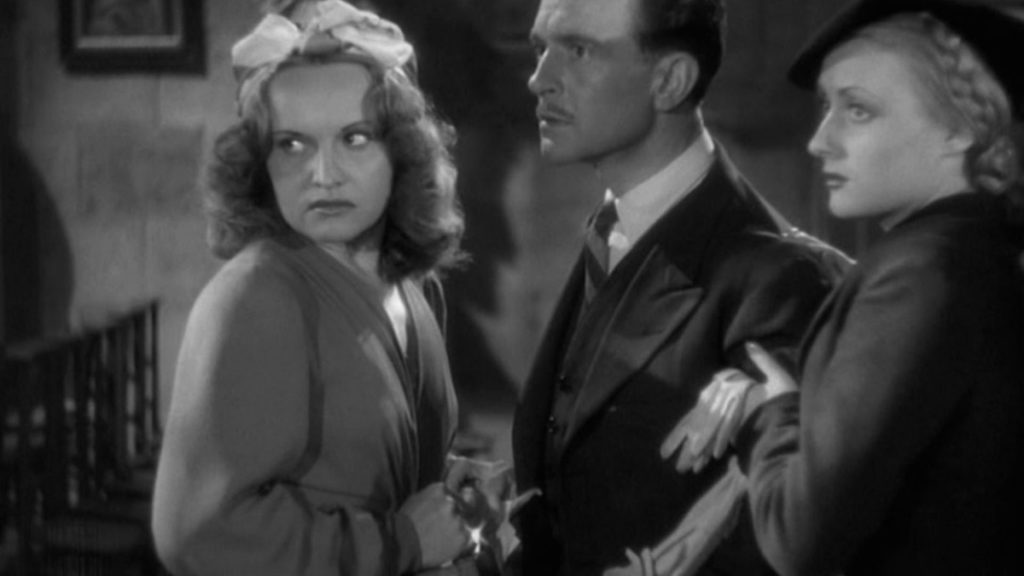
Earlier French directors (most especially Jean Renoir) were indulgent of human frailty but Clouzot is less forgiving; even if it is not an endorsement of fascist values, some have sensed that the director’s real sympathies lie with the writer of the letters.
Clouzot would go on to make some of the very finest films in French cinema, notably Les Diaboliques and The Wages of Fear. Le Corbeau is a masterpiece too, but a decidedly more problematic one: even those who hate it must admire its brilliant construction while its enthusiasts cannot deny the ambivalent morality at its centre. It has been called a ‘film noir’ but that’s not enough: it is bleaker and more baleful than the Hollywood thrillers that carry that label, bathed in shadows both literal and metaphoric.
A new restoration of Le Corbeau has been released by Studio Canal









